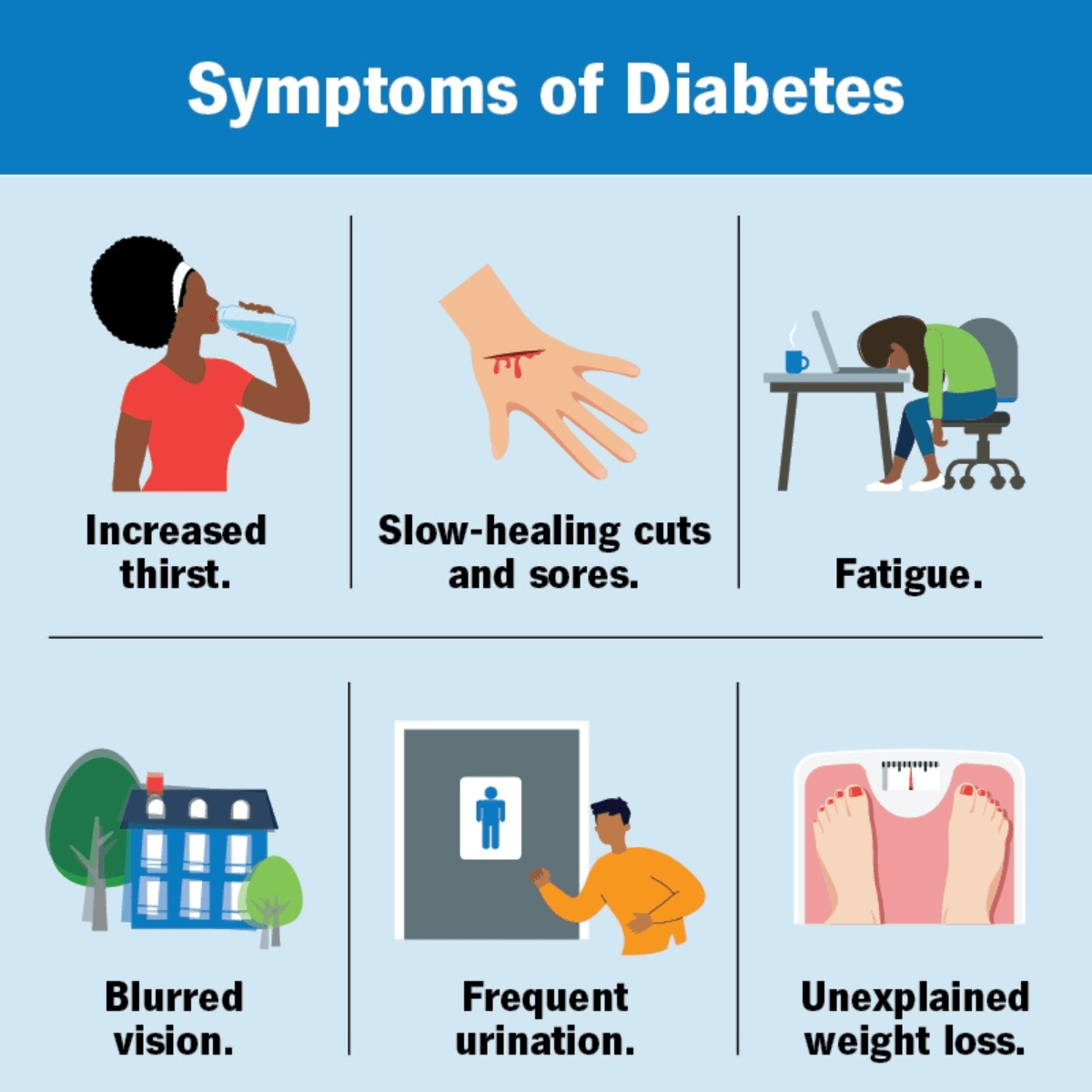
Oral Glucose Tolerance Diabetes Test (OGTT)
West Midlands
The Oral Glucose Tolerance Test (OGTT) is a key diagnostic tool used to assess how your body processes glucose (sugar). It’s especially useful for diagnosing type 2 diabetes and gestational diabetes (diabetes during pregnancy). This test helps detect whether your body is effectively using insulin to regulate blood sugar, providing valuable insights into your overall health and risk of developing diabetes.
What is the OGTT test?
The OGTT measures how well your body handles sugar after consuming a sweet drink. After fasting overnight, you’ll be given a glucose solution to drink, and your blood sugar levels will be measured at intervals over the next few hours. This test shows how quickly and efficiently your body is able to bring blood sugar levels back to normal after eating or drinking something sugary. It’s often recommended when other tests show borderline results or when there’s a concern about gestational diabetes.
Who should get a OGTT test?
- People with borderline blood sugar levels: If other tests, such as the fasting blood glucose test, show higher-than-normal but not yet diabetic levels, the OGTT can provide further insight.
- Pregnant women: The OGTT is a routine test between 24 and 28 weeks of pregnancy to screen for gestational diabetes.
- Individuals at high risk of type 2 diabetes: This includes those with a family history of diabetes, people who are overweight, and those with high blood pressure or cholesterol.
- People experiencing symptoms of diabetes: Such as increased thirst, frequent urination, or unexplained fatigue.
How is the test performed?
The OGTT is a simple and straightforward process:
- Fasting: You’ll need to fast for at least 8 hours before the test, meaning no food or drink except water.
- Initial blood test: A blood sample will be taken to measure your fasting blood glucose levels.
- Glucose drink: You’ll then be given a sugary drink (75g of Glucose).
- Blood sugar monitoring: A second blood draw will taken at 2 hours after the sugary drink, to measure how your body handles the glucose load.
The test usually takes about 2-3 hours in total.
What do the results mean?
Normal: Blood sugar levels return to normal within 2 hours, meaning your body is processing glucose effectively.
Prediabetes: Blood sugar levels are higher than normal but not yet high enough to be considered diabetes, indicating an increased risk of developing type 2 diabetes.
Diabetes: If your blood sugar levels remain elevated after 2 hours, this is a strong indicator of type 2 diabetes or gestational diabetes in pregnant women.
When it come to diagnosing diabetes mellitus or gestational diabetes, international guidelines (e.g. WHO, NICE) recommend using venous plasma glucose, as it provides greater accuracy than finger prick testing.
If the test reveals high blood sugar levels, you will need to discuss next steps, including lifestyle changes or treatment options to help manage the condition.
Do you have other questions?
At OneMedicine, we offer the Oral Glucose Tolerance Test to help diagnose and manage diabetes effectively. Whether you’re concerned about type 2 diabetes or need routine screening during pregnancy, we’re here to guide you every step of the way.






